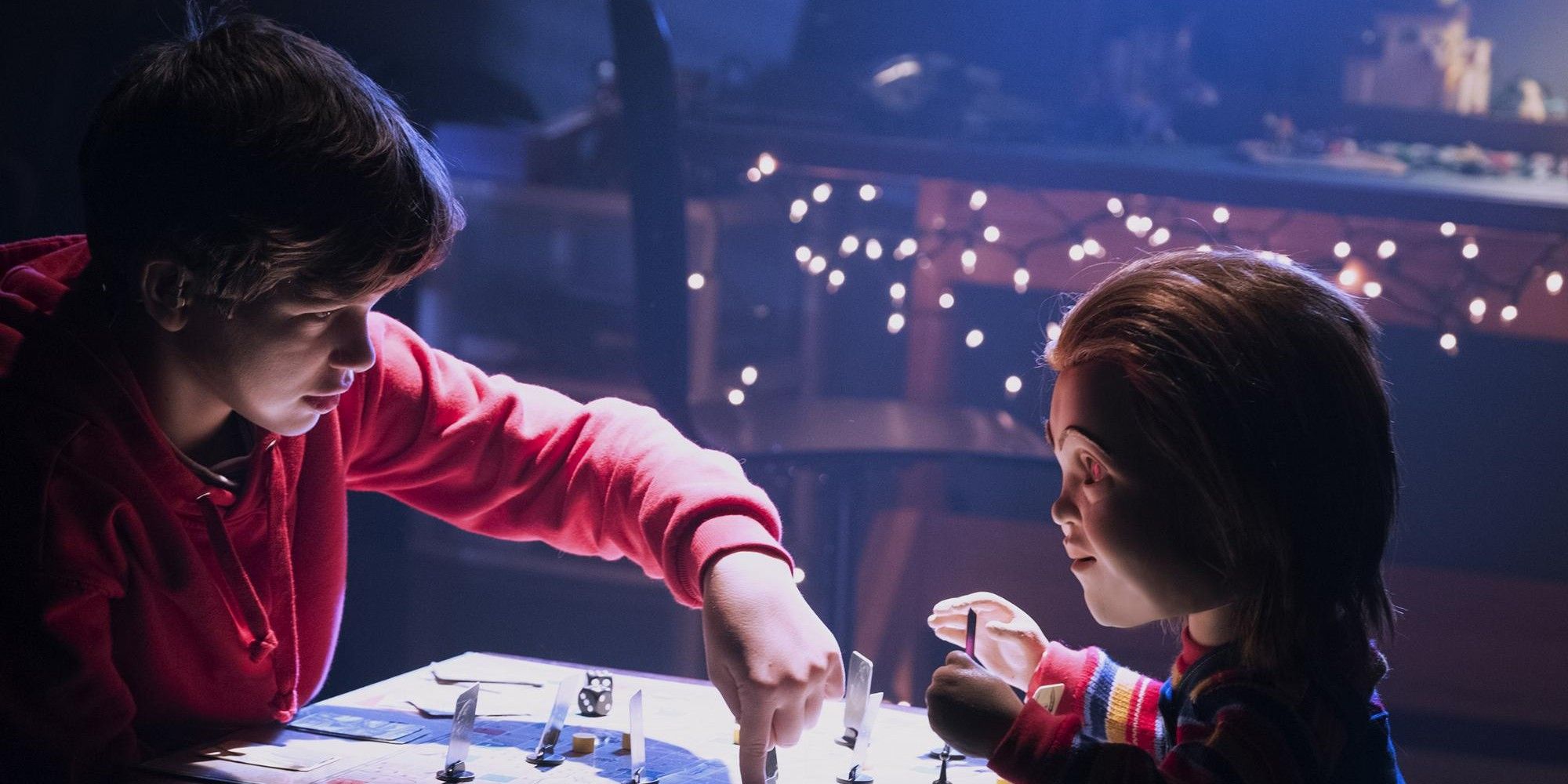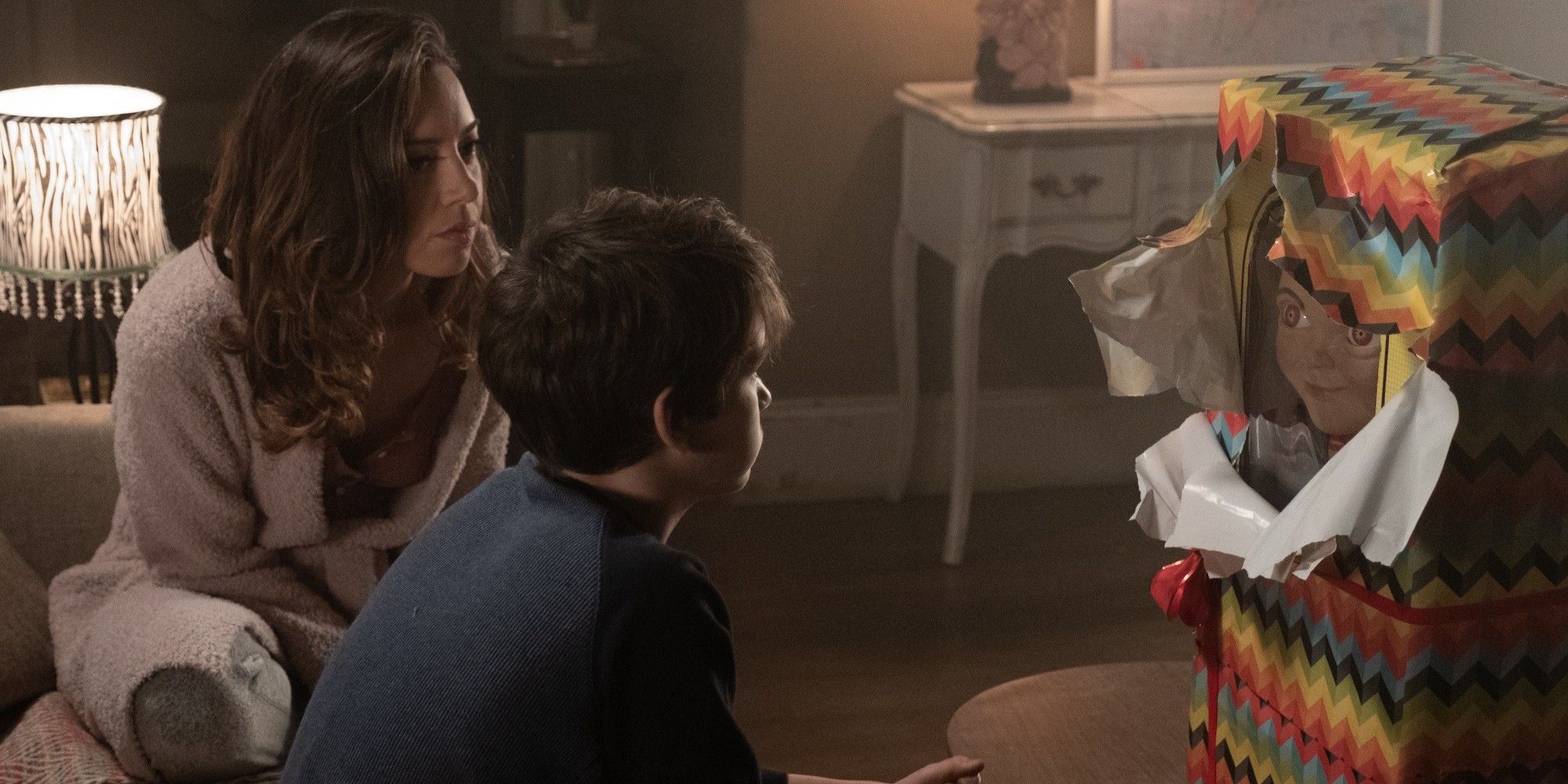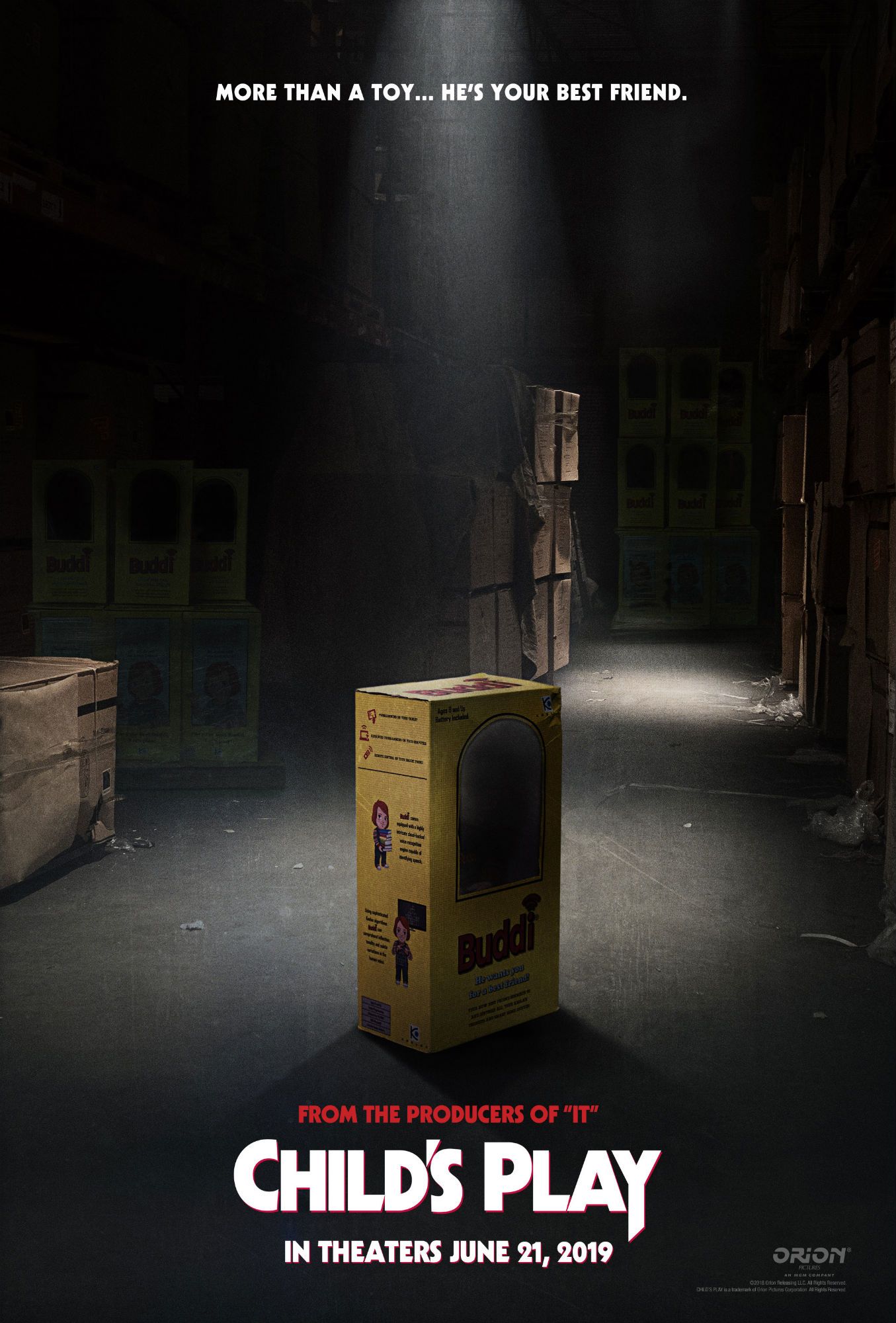Mark Hamill, the voice of Chucky in the Child's Play reboot, has explained the differences between the original movie and the remake, justifying the new film's existence. Released in 1988, the first Child's Play was written by Don Mancini and went on to become a cult classic of horror, with the Chucky doll character in particular earning a place in the genre's bloody history. Numerous sequels would follow, continuing as recently as 2017 with Cult of Chucky. Generally speaking, however, the Child's Play sequels were released to increasingly diminishing returns and a reboot of the franchise was officially announced in July 2018.
In addition to Hamill, the Child's Play reboot stars Aubrey Plaza, Gabriel Bateman and Bryan Tyree Henry and will be directed by Norwegian Lars Klevberg, in his most high-profile feature-length project yet. Early reactions to the Child's Play reboot have been somewhat mixed, albeit more positive than the franchise's other recent output, and there are already suggestions of a potential sequel, should the Child's Play reboot perform well at the box office. In addition to the new reboot, Mancini is also developing a TV series based around the Chucky character that will exist entirely apart from the Mark Hamill-fronted movie and any potential sequels spawned from it.
Speaking at the recent Child's Play press conference, Mark Hamill addressed the issue of why the franchise has been given the reboot treatment and why his interpretation of Chucky differentiates itself from the classic incarnation. Hamill states:
"They sent me the script, and I thought the crucial element that was different from the original – which I liked, and I’m a huge fan of Brad [Dourif]’s interpretation – is in this one, Chucky has a different origin. So, it’s not the soul of a serial killer, [it’s] that someone deliberately goes in and alters his operating system and takes off the safety measures. So, he was really like an innocent child, really just learning from what goes on around him. That was crucial... Also, the age of the boy; he was like 5 or 6 [in the original]. Gabriel plays a character who’s a young teenager, and that was a fundamental difference from the original."
Hamill's comments come in the wake of a deluge of modern reinterpretations of 1980s horror films. The past decade has seen retreads of Friday The 13th, A Nightmare on Elm Street, Poltergeist and Evil Dead, just to name a few, and for every reboot that finds the perfect balance between originality and respect for the source material, countless others fail to live up to the legacy of their predecessor. With Hollywood currently facing accusations of lacking ideas and relying too heavily on sequels and remakes, it's perhaps easy to see why those involved would feel the need to justify what might feel like the latest in a long line of rebooted old movies.
With the original series of Child's Play films still relatively fresh and a TV series on the way, it's hugely reassuring that this new version of the story is taking a different approach, putting its own spin on the characters and backstory. Hamill is also correct in his assertion that the differences made by Klevberg's film are game-changing alterations that bring out an entirely new side to the Chucky tale. Time will tell whether those creative changes are enough to convince horror fans to revisit a franchise that, up until recently, appeared to have its best days behind it.



